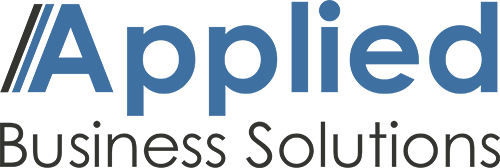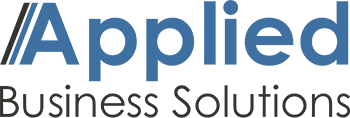If your employer doesn’t offer health insurance, you likely have more than one option for getting health insurance on your own. Your age, health status, marital status, financial status and other factors all impact where you can turn for health insurance. Below, we’ve listed a variety of sources when your job doesn’t offer health insurance, so you can decide for yourself what option is best for you.
1. Marketplace
Marketplace health insurance is available to anyone who is a U.S. citizen living in the United States and who isn’t incarcerated. Whether you’re between jobs, are self-employed, or simply working for an employer that doesn’t offer insurance, the marketplace is a potential source for health insurance. Sign up for marketplace insurance typically starts in November end ends in December, during a period they call open enrollment.
Even if you don’t sign up during open enrollment, you may still qualify for a special enrollment period if you have a special qualifying event. You must sign up for coverage within 60 days of the qualifying event. Find out more on https://www.healthcare.gov.
2. COBRA
COBRA stands for Consolidated Omnibus Budget Reconciliation Act. If you just left a job, were fired or were laid off, you may be offered COBRA health insurance from your previous employer.
You will be offered the same coverage that you were signed up for while you were in your previous job, but you may be required to pay the full premium yourself. You will be eligible to keep this insurance for up to 18 months, even if you have a pre-existing condition. You will have a window of time to sign up for COBRA, so don’t delay sign up after leaving a job.
3. Medicare
If you are 65 or older, a US citizen and have worked for long enough to qualify for social security, you may be eligible for Medicare. Even if you don’t fit into the category just mentioned, you may qualify for Medicare in other ways, so find out more before ruling out this option, even if you don’t fit into the category described. Find out more on https://www.medicare.gov.
4. Parent or Spouse Insurance Plan
If you have a spouse with health insurance through their job, you may be qualified to sign up for their health insurance. Employers don’t have to subsidize coverage for family members, and you may only be able to join your spouse’s insurance at certain times of the year or if you have a qualifying event.
If you are under age 26, you may be able to get coverage through your parents’ health insurance. Find out the details from your parents, including how it will impact their premiums, before signing up.
5. Medicaid
Medicaid is a low-cost (sometimes free) option if your job doesn’t offer health insurance. Medicaid covers some families, elderly, people with disabilities and others. Typically, Medicaid is meant for people with low incomes, but there are other groups that also qualify. Every state has different rules for who qualifies for Medicaid, so find out the rules in your state to find out whether you too qualify. Find out more on https://www.medicaid.gov.
6. Short-Term Health Insurance
Short-term health insurance is a low-cost health insurance option that doesn’t provide the same level of coverage as standard health insurance. Typically, this type of insurance doesn’t have a special enrollment period – you can sign up at any time. These plans may not cover any pre-existing conditions, preventative care, pregnancy or childbirth care or prescription drugs.
The coverage may last for a period of time as short as three months, and when the coverage ends, you’ll have to re-apply. Every state has different laws about short-term health insurance, so find out from your state’s website whether this is a good option for you.
Making a Decision on Your Health Insurance
Before deciding what kind of insurance is right for you, it’s important to first decide what choices are available to you. Shopping around can help you make a decision – weigh factors like premium costs, availability, your pre-existing conditions and their coverage and whether this needs to be a long-term or temporary solution.
Having health insurance can mean the difference between financial stability and financial peril. It can be especially important when you’re managing unexpected health problems, chronic conditions and injuries – so don’t delay getting a policy that provides protection for you.





